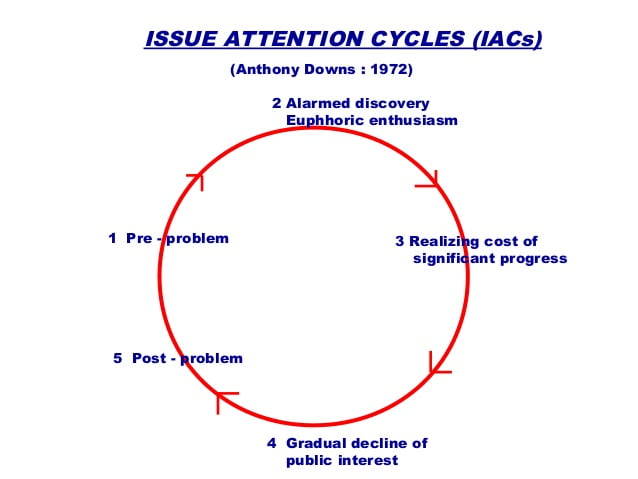For next week, Davidson, ch. 10.
Student hours tomorrow by appointment only.
Reviewing research sources
- Statements of Administration Policy -- indications of whether POTUS will sign or veto.
- Lobbying data
- Congress.gov (http://www.congress.gov/) -- official site for bill summary and status
- GovTrack (http://www.govtrack.us/) – unofficial site for congressional information
- ProQuest Congressional (http://congressional.proquest.com/profiles/gis/search/basic/basicsearch ). -- many congressional documents including searchable Congressional Record. If your computer will not accept this URL, go through the library web page (http://library.claremont.edu). Click “databases,” then the letter “P,” then “ProQuest Congressional.”)
- Committee web pages, which usually contain testimony and text of reports. See http://www.house.gov/committees/ or https://www.senate.gov/committees/index.htm
Public Lands Case Study

A couple of quotations about Congress and life in general:
- "At some point somebody has to decide, let's do it the old-fashioned way, which is `one thing I hate for one thing I love.'" (Lawrence, p. 39)
- "Here's a list of what we have to have. Here's a list of the ones we really, really hate. Here's a list of `if you put this language on page 4 we could swallow it.' And then you work that list." (Lawrence, pp. 40-41).










